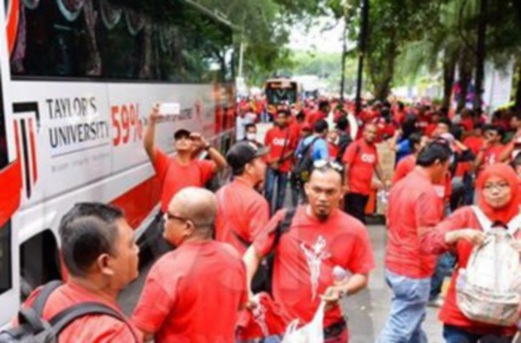Ismail Sabri is the new Prime Minister. Here are some of his achievements and controversies.

- 1.2KShares
- Facebook1.0K
- Twitter7
- LinkedIn9
- Email6
- WhatsApp113
[This article was originally written by our friends at SOSCILI. To read this article in BM, click here!]
Ever since Muhyiddin Yassin resigned as Prime Minister a few days ago, people had been speculating over who will be the next PM. After about a week of gathering numbers and meetings with the Agong, it’s been confirmed: Malaysia’s 9th Prime Minister would be Ismail Sabri Yaakob. And in case you forgot which one he is…
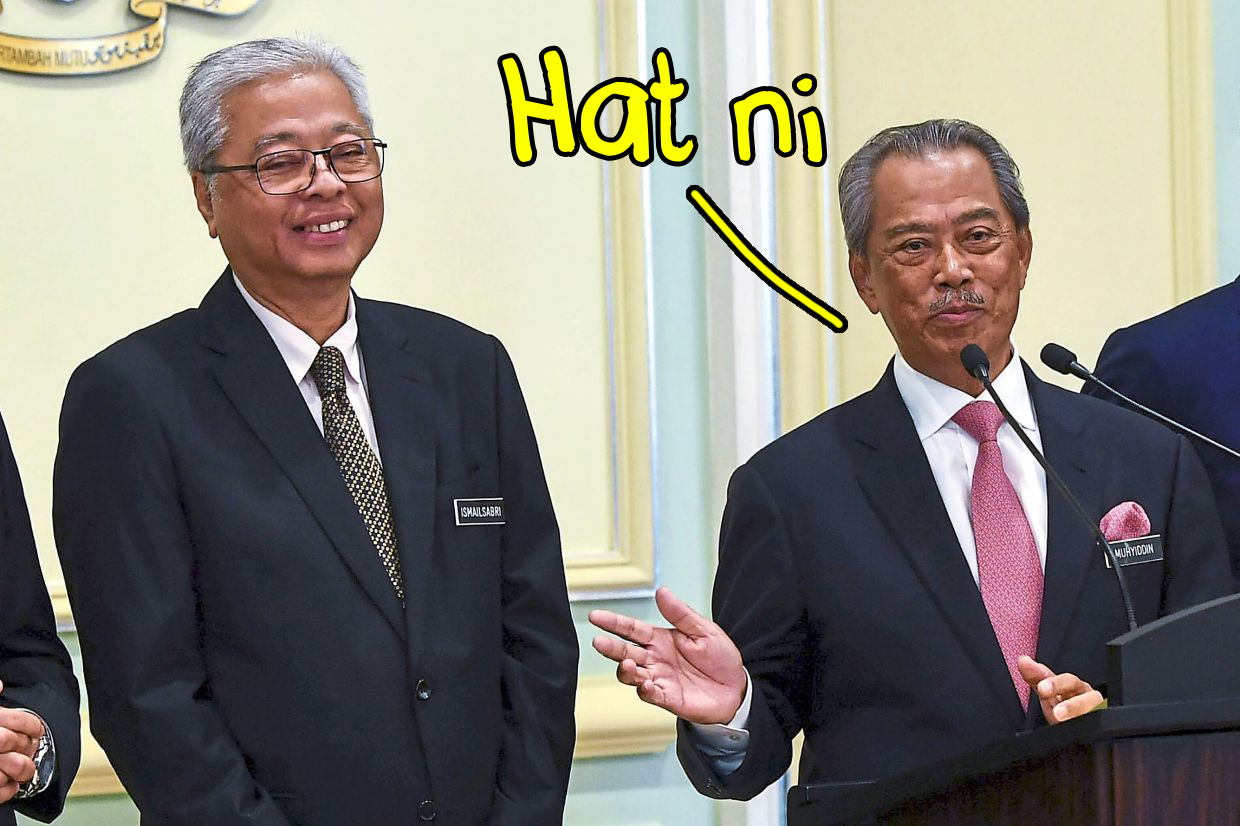
Unlike the more controversial politicians out there with their court cases and jail times, Ismail Sabri might strike a blank with some people. So today, we’ll get to know our latest illustrious leader better, starting with…
The experience and achievements of Ismail Sabri

His beginnings isn’t that humble, actually. We just wanted to use that image. Born in Temerloh, Ismail Sabri used to be a lawyer around 1985, at the young age of 25. He later became a member of the Temerloh District Council in 1987, and a Temerloh City Council member in 1996. This was when he served as the political secretary to Sabaruddin Chik, then Temerloh MP and Culture and Arts Minister.
In 2004, he became an MP himself after winning the newly-established seat of Bera, a position he had maintained since. The huge majority he had obtained catapulted him to a speedy Ministerial position, and since then he had held several different portfolios, including Agriculture, Domestic Trade, Rural Development, and Defence. Whilst holding these positions, Ismail had several achievements under his belt:
1. Establishing the Kedai Rakyat 1Malaysia
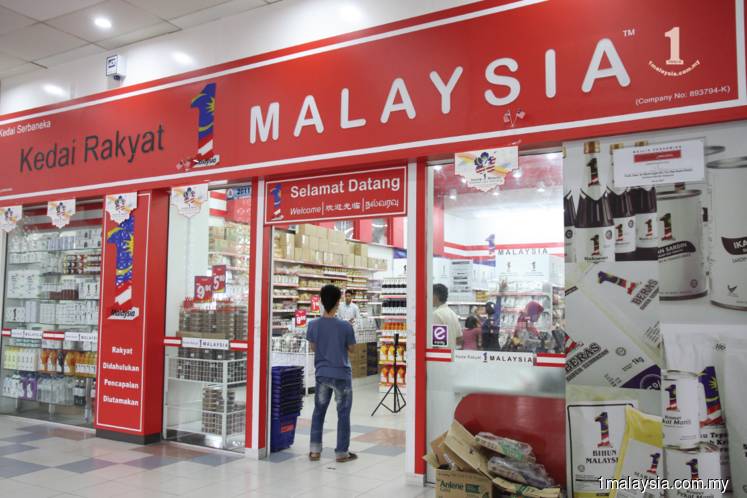
Part of the 1Malaysia franchise, Kedai Rakyat 1Malaysia (KR1M) is a government-owned grocery store chain launched in 2011, and Ismail Sabri, being the Domestic Trade Minister at the time, can be said to be responsible for those. According to the official website (now defunct), KR1M was established to help low income citizens living in urban areas by allowing the government to ‘control prices and lessens the monopolization of products which has long been dominated by the multinational manufacturers [sic]‘.
However, these stores were mired with controversy barely a year after it was launched. Several of the products were found to be of poor quality, and it was revealed that some of them were actually more expensive than found in other supermarkets. KR1M also apparently suffered more than RM100 million in losses due to the logistical cost of supplying subsidized products to remote areas. Starting 2017, KR1Ms across the nation began shutting down, and while there were talks of an improved KR1M 2.0, we’ve heard no further news of this chain after 2018.
2. Launching the Jihad against fishing middlemen

An initiative that was launched in 2014 when Ismail Sabri was the Agricultural Minister, it essentially transfers the debts of fishermen from middlemen to the government. It was found that an estimated 47,000 fishermen were bound by their debts to middlemen, forcing these fishermen to only sell their catch to them. The government, through the Tabung Ekonomi Usahawan Nasional (TEKUN), took over RM40 million of these debt and paid them off, making them the fishermen’s creditors instead.
This was said to be beneficial in several ways: besides removing the fishermen’s dependence on middlemen, the government had also promised to not collect payments during the monsoon season, which affects the fishermen’s income. Besides the debt takeover, the government through the National Fishermen Association (NEKMAT) will set up a fund for interest-free emergency loans to fishermen associations nationwide to avoid further dependence on middlemen, as well as providing TEKUN loans for them to buy boats and sampans.
3. Coming up with the MARA Digital initiative
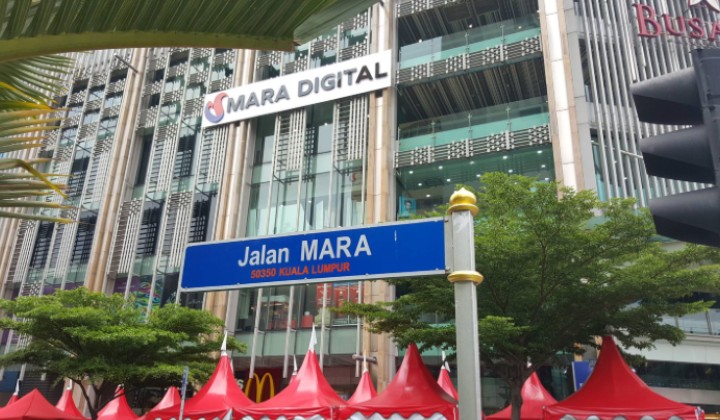
In 2015, Ismail Sabri, then the Rural and Regional Development Minister, came up with the idea of Mara Digital Malls. These are essentially malls selling IT products, but with exclusively Bumiputera vendors. The initiative was meant to enable more Bumiputra traders to sell digital goods and IT gadgets, as previously the high rental in existing IT centers was an obstacle for them. To that end, traders were given six months of rental subsidies to start them off.
Four Mara Digital Malls were opened – in KL, Pahang, Johor, and Selangor – but as of last year, only the one in KL survived. All of them had struggled (and are struggling) from low shoppers and sales, with some vendors in the KL outlet resorting to selling kerepek just to break even. Poor maintenance of the building and lack of variety and promotion made things even worse.
While there are plans to revive business by engaging other kinds of tenants and accepting non-Bumiputera vendors, some fear that the change may be too late.
4. Planning to urbanize rural areas through ‘Membandarkan Luar Bandar’
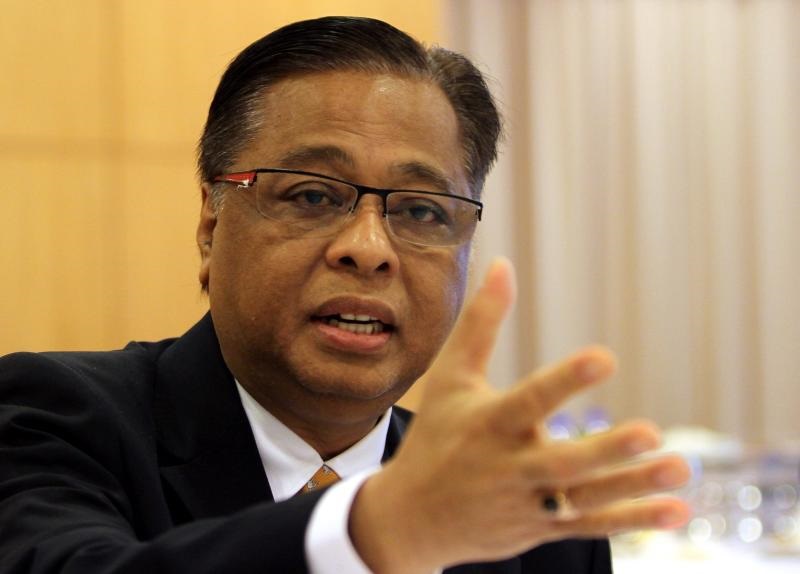
In 2015, Ismail Sabri as the Rural Development Minister launched a transformation agenda called ‘Membandarkan Luar Bandar‘, aka urbanizing the rural areas. This was a five-year plan that started in 2016 focusing on improving things like infrastructure, youth development, economy, and transport systems in the rural areas. According to him,
“The provision of rural basic infrastructure will be intensified especially in areas with low coverage especially in Sabah and Sarawak, as well as rural areas in the Peninsular including the Orang Asli areas,” – Ismail Sabri, translated from MStar.
This plan aimed to encourage the younger generation to stay in the rural areas and build their futures there, and the planned efforts by the government reflected that: besides building houses and infrastructure, some interesting economical measures like empowering rural businesses as well as fortifying rural education were also announced. We didn’t manage to find out how successful this plan is, but it was mentioned by Ismail Sabri himself in the days leading up to GE14 that it ensures rural voters remain as Barisan Nasional’s fixed deposit. So it’s at least good for that.
Welp. We really tried to highlight the achievements, but… never mind. Anyways, now that the pros are done with, let’s look at some of the cons. And by cons we mean…
The controversies surrounding Ismail Sabri
During his time as various ministers, Ismail Sabri had done and said some controversial things. Among them are:
1. Poking at racial issues through the economic angle
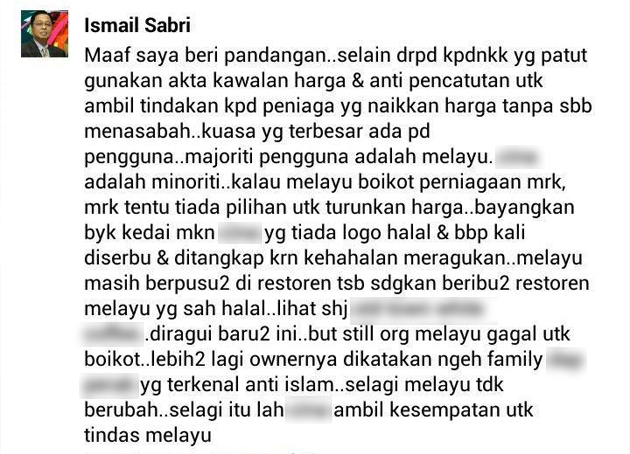
So in 2015, Ismail Sabri had called for the Malays to boycott Chinese businesses, saying that they need to use their power as consumers. The statement was made through his Facebook account, in which he also asked for Chinese traders to lower their prices after an announcement on lowered fuel prices.
“The biggest power lies in the consumers, if the Malays boycott the minority Chinese’s businesses, they will surely have no other choice but to lower the prices. The Malays need to realize, all this time they only know how to talk without acting,” – Ismail Sabri, translated from Astro Awani (2015).
This statement caused quite a few quarters to be offended, and DAP’s Lim Lip Eng actually made a police report against that speech. Ismail Sabri had stood by his comments, saying that he refuses to apologize to Chinese traders. He had asked to not be labelled as a racist as he was only voicing out the needs of the Malays and the Bumiputera.
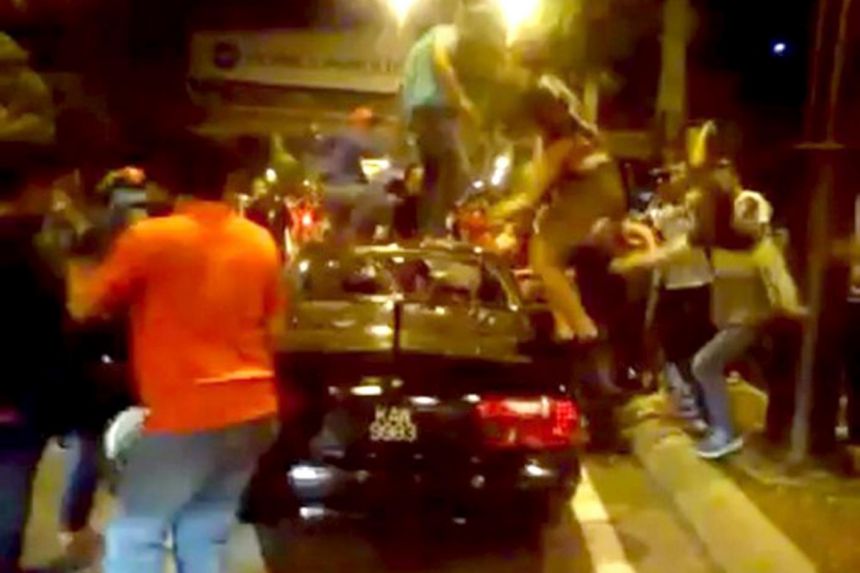
Later that year, an incident happened in Low Yat where a Malay youth allegedly stole a handphone from a Chinese trader who allegedly sold him a fake handphone. This turned into a racial issue, and Ismail Sabri in response came up with the Mara Digital Mall concept we mentioned above. As we’ve already discussed, they didn’t do well, and the Mara Corp Chairman had later revealed that part of the reason may be because it was set up for a political reason, rather than for an economic or social basis.
Unsurprisingly, many saw the Mara Digital Mall as nothing but a thorn in the country’s racial relations, with two SUPP Youth leaders filing a police report saying that what Ismail Sabri did amounted to sedition, leading to him banned from entering Sarawak.
2. Cancelling the sponsorship of Taylor’s University
Remember the red shirts rally, aka the Himpunan Maruah Melayu back in 2015? In case the name didn’t tip you off already, the organizers had later admitted that besides paying participants to come, the rally was racist in nature. Being associated with the rally wasn’t exactly ideal, so when the logo of Taylor’s University appeared on pictures like this…
…it became a PR disaster. Following questions from the public asking them to explain, Taylor’s had denied their involvement in the rally. The buses were from Wawasan Sutera Travel and Tours, one of their transport operators, and apparently the use of the logo was unauthorized by the university.
“We would like to reiterate that we did not authorize the service of the bus bearing our logo belonging to third party, Wawasan Sutera, to ferry rally-goers and the bus was not used to ferry our students to the rally.” – Taylor’s University, in a statement.
Following the fiasco, Taylor’s ended their contract with Wawasan Sutera. Barely a few days after that, Ismail Sabri had suddenly announced that MARA will terminate their sponsorship for the next intake of students to Taylor’s University. The reason for the termination was undisclosed, with him saying that ‘There are many reasons’ for it, but the Taylor’s bus incident was definitely not one of them.
Regardless, those not convinced had called the action as an abuse of power and childish.
3. No need to quarantine after you get back from Sabah
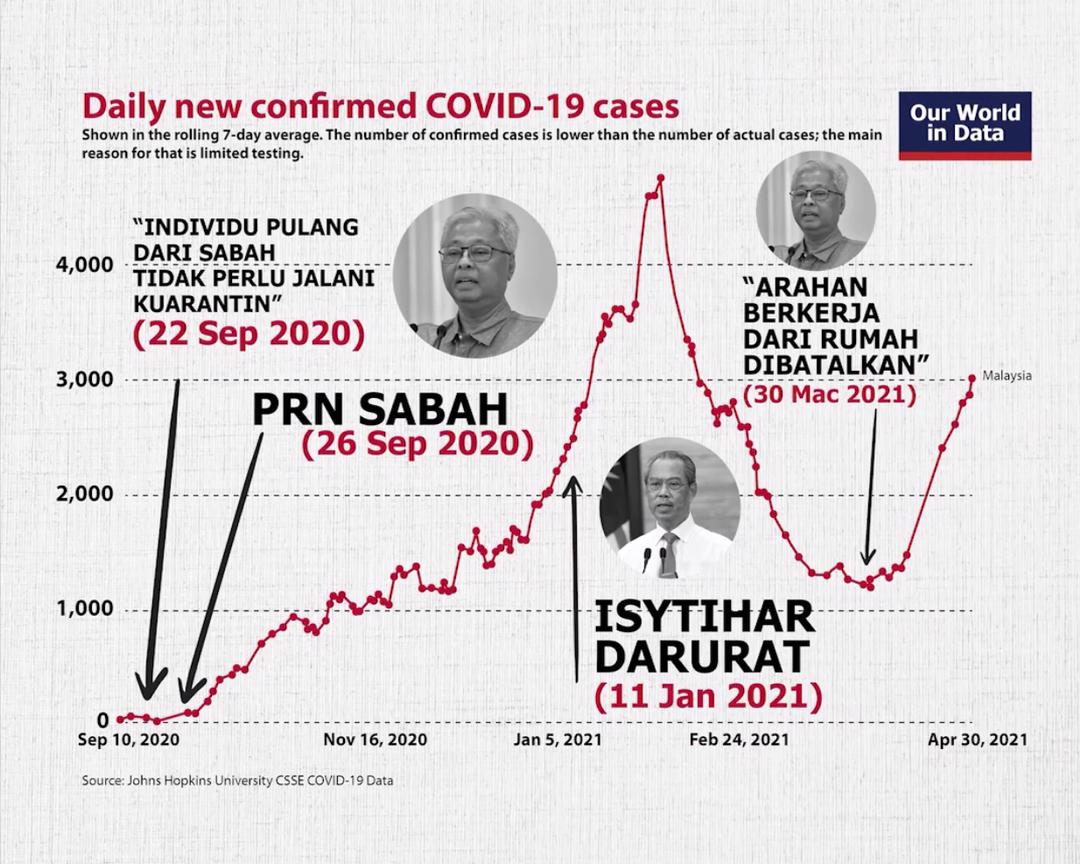
This is probably still fresh in everyone’s minds, having happened last year, so we won’t go too deep into it. Anyways, this was back when Ismail Sabri was the Senior Minister in charge of Security, and around the time of the Sabah elections. Widely believed to be the start of Malaysia’s downfall against Covid, Ismail Sabri had then declared that those returning from Sabah did not need to isolate themselves through a mandatory quarantine. You know the rest.
“If we want to enforce a mandatory quarantine, the whole state needs to be in the red zone, but that wasn’t the case in Sabah. Red zones were only declared in a few closed areas in Sabah, that is the prisons and police lockups.” – Ismail Sabri, translated from Berita Harian.
Based on these…
What do you think of Ismail Sabri our new PM?
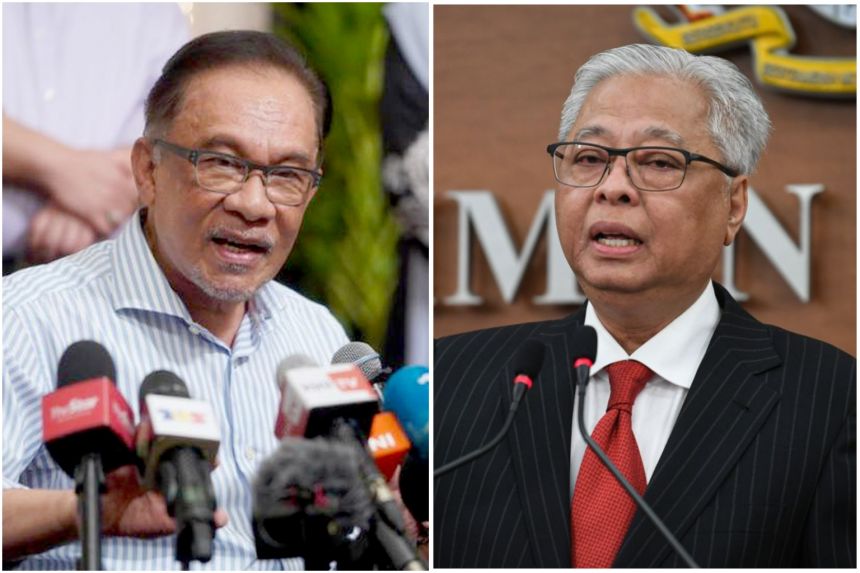
Those are the big ones. We didn’t mention the relatively smaller pros (delicious fashion sense, no corruption cases) and cons (using racial politics in GE14), but that’s the gist of Ismail Sabri, as portrayed by the media. With the recent announcement, we’re adding another achievement to the list: he’s the fastest deputy Prime Minister to move up to PM, in a little over a month.
Ismail Sabri is planned to be sworn in on Saturday (20 Aug 2021), and he will have to face a vote of confidence ‘as soon as possible’, according to a statement by the palace.
- 1.2KShares
- Facebook1.0K
- Twitter7
- LinkedIn9
- Email6
- WhatsApp113

